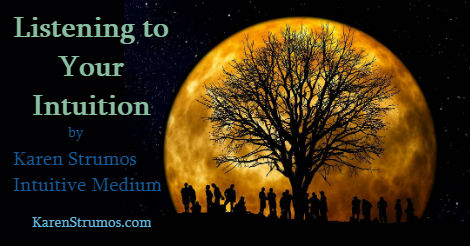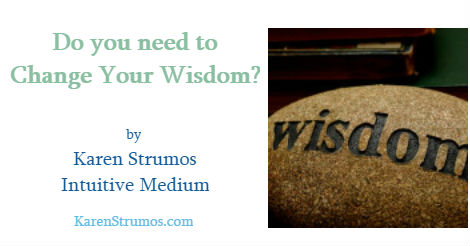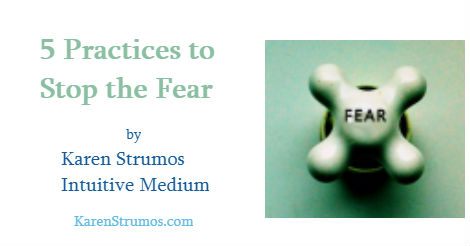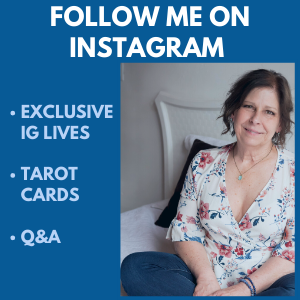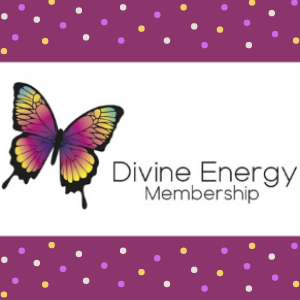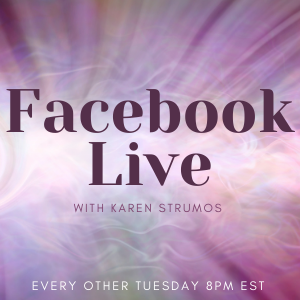As much as we are told to ‘follow our passion’ and ‘listen to our heart’ by those around us, we also live in a world that values rational thinking over emotional and intuitive responses (although I like to think that this is slowly changing). However, when deciding if you should quit your job or stick it out, or if you should move houses or even end a relationship, your intuition can help you in ways that you may not expect. Indeed, your intuition can be a powerful tool for personal decision-making, so long as you know how to listen to it.
If asked to point to the origin of your intuition, where would you point? Most people point to their bellies or hearts – ‘trust your gut,’ ‘follow your heart.’ These responses stem from the fact that intuition makes itself known to people as an indiscernible feeling. This is what makes it hard to comprehend the concept of intuition, let alone what it may be trying to tell you.
Yet, you can benefit from your intuition by learning to listen to it. This is not an easy process; it will take trial and error. But if you’re open practicing and listening, just like when one learns another language, you will come to understand it. So, next time you’re in a situation and you get a feeling that you just can’t shake, don’t try to get rid of it. Acknowledge it. Listen to it. And learn from it.
Admittedly, this description is vague, but that is because everyone’s intuition is different. It manifests as a feeling, but it may also work its way into dreams, or perhaps visions or pictures you repeatedly see. Since intuition is not an exact science, there is no ‘one-size-fits-all’ method to grasp it. The best thing you can do is have patience, open-mindedness, and perhaps most importantly, trust.
The alternative, that is to ignore it, disconnects us from our souls, our hearts, and ultimately, our purpose in this world. You need to explain this point a little more
Your intuition is speaking. Are you listening?
